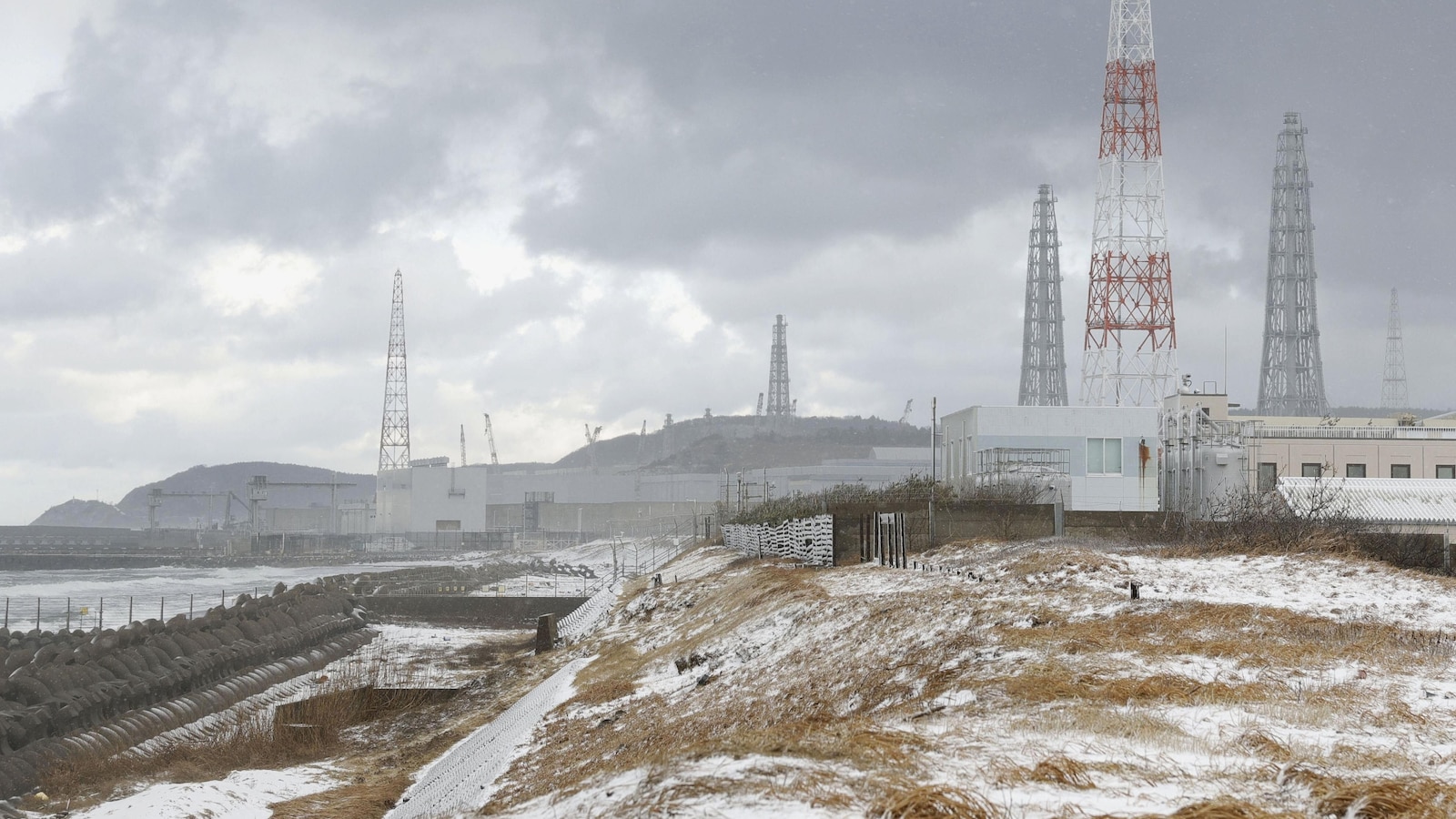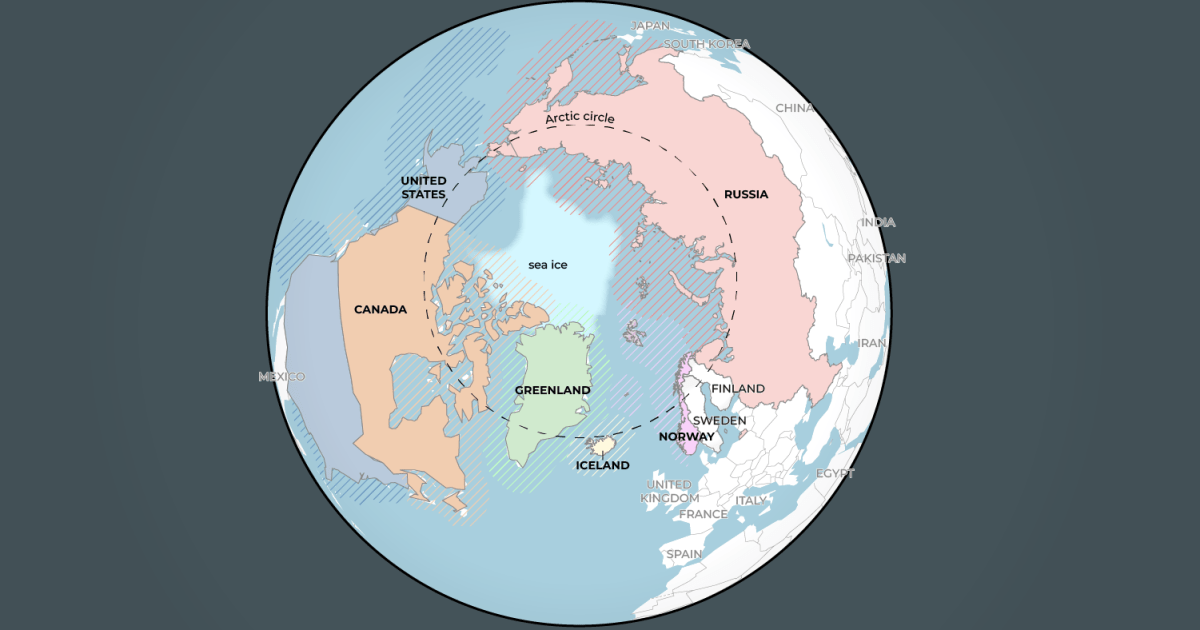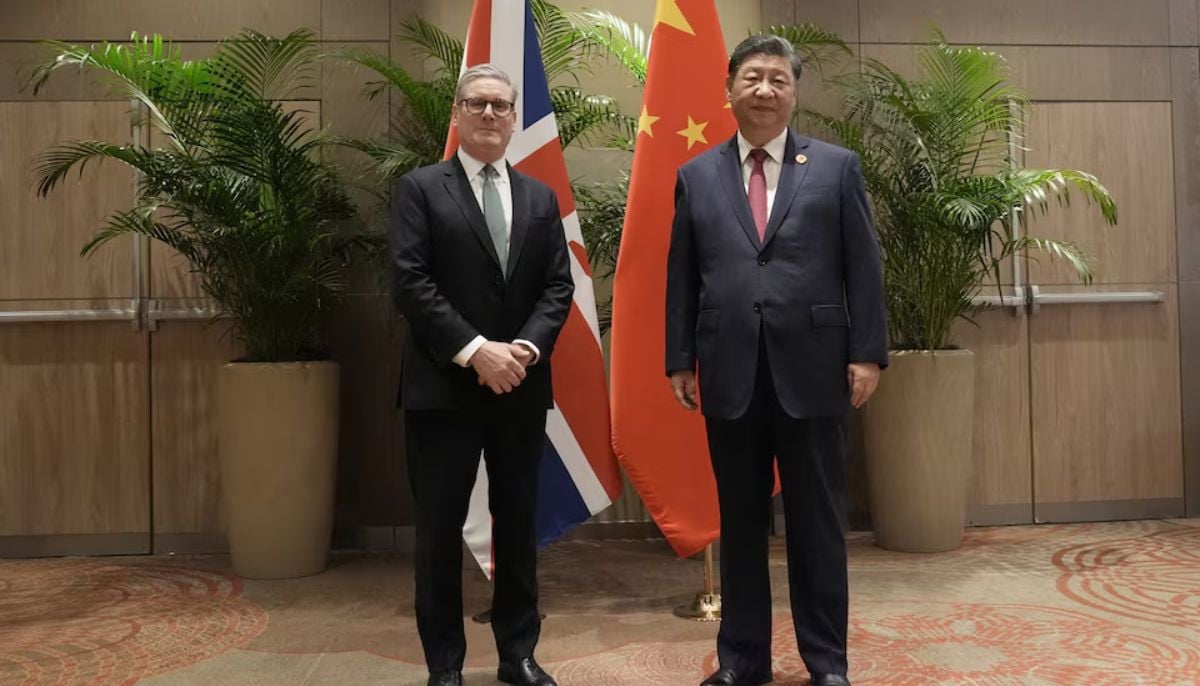Donald Trump has stepped up his demand to annex Greenland in an extraordinary speech in Davos, but said the US would not use force to seize what he called the “big, beautiful piece of ice”.
Addressing thousands of business and political…

Donald Trump has stepped up his demand to annex Greenland in an extraordinary speech in Davos, but said the US would not use force to seize what he called the “big, beautiful piece of ice”.
Addressing thousands of business and political…

 Frank Gardner
Frank Gardner
Security correspondent
America’s Nato allies in Europe are facing a difficult and
dangerous dilemma when it comes to how to respond to Donald Trump’s
determination…

Traders work on the floor at the New York Stock Exchange, Jan. 20, 2026.
Michael Nagle | Bloomberg | Getty Images
Stocks rose after President Donald Trump told the World Economic Forum he would not use force to acquire Greenland, easing a concern…

TOKYO — The world’s largest nuclear power plant restarted Wednesday in north-central Japan for the first time since the 2011 Fukushima nuclear meltdown, as resource-poor Japan accelerates atomic power use to meet soaring electricity needs.
The…

US President Donald Trump is in Davos, Switzerland, to attend the annual gathering of the World Economic Forum (WEF), where the issue of Greenland will be front and centre.
Trump’s long-running fixation on acquiring Greenland, an autonomous…

The UK prime minister is set to reset strained ties with China in a…

Police are hunting armed robbers who smashed their way into a Rolex shop in central London and stole a number of high-value watches.
Six suspects wearing motorcycle helmets threatened staff and members of the public with weapons including machetes…